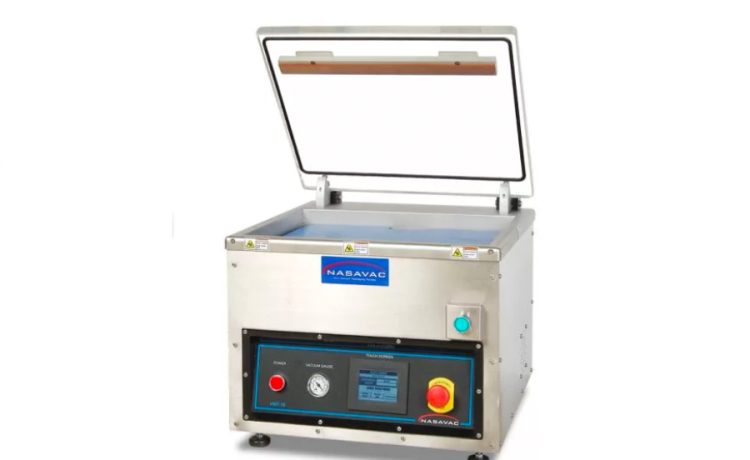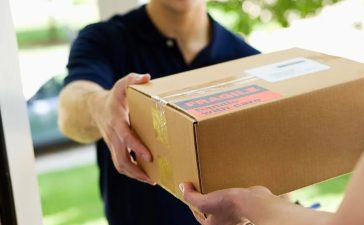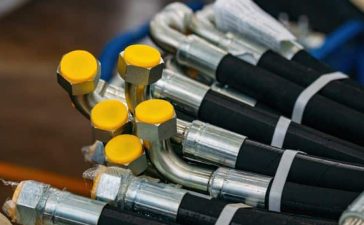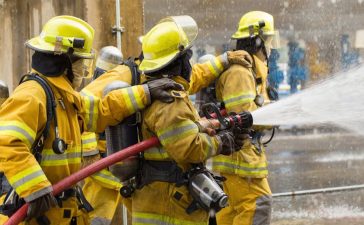Ensuring product integrity is paramount. Industrial chamber vacuum sealing is a crucial process that preserves product quality, extends shelf life, and prevents contamination. However, achieving consistently high-quality results requires effective quality control measures. Below we will explore the importance of quality control in industrial chamber vacuum sealing and how it contributes to maintaining product integrity.
Significance of Quality Control
Quality control is the backbone of nozzle vacuum sealer. It ensures that products are consistently sealed to meet specified standards and guarantees the integrity of the final packaged items. Implementing robust quality control measures provides several key benefits:
a) Preventing Contamination:
Quality control in vacuum sealing eliminates the risk of contamination by detecting and rectifying any potential breaches in the sealing process. This is especially crucial in the food industry, where even a tiny leak can lead to spoilage and safety hazards.
b) Extending Shelf Life:
Properly sealed products have an extended shelf life due to the absence of air and oxygen, preventing the growth of bacteria, mold, and other microorganisms. Quality control ensures that each package meets the necessary vacuum levels, maximizing product longevity.
Key Components of Quality Control
a) Equipment Calibration:
Regular calibration of vacuum sealing equipment is essential to maintain accuracy and reliability. Calibration ensures that the vacuum levels and sealing parameters are precisely set, minimizing variations in the sealing process.
b) Inspection of Vacuum Seals:
Thorough inspection of vacuum seals is vital to identifying any potential defects or leaks. Quality control personnel must carefully examine the sealed pouches to ensure that they meet the required standards.
c) Leak Detection Testing:
Employing leak detection testing methods, such as the water immersion test or the gas leak test, helps pinpoint even the smallest leaks in the vacuum-sealed packages. This proactive approach ensures that defective products are detected before they reach the market.
d) Monitoring and Documentation:
Quality control involves meticulous monitoring of the vacuum sealing process and documenting the results. This data enables manufacturers to track the performance of their sealing equipment and make necessary adjustments for continuous improvement.
Training and Skilled Workforce
Having a trained and skilled workforce is a cornerstone of effective quality control in industrial chamber vacuum sealing. Operators responsible for the sealing process must undergo comprehensive training to understand the intricacies of the equipment, the importance of proper cleanroom vacuum sealer techniques, and the significance of adhering to quality control protocols. Well-trained personnel can identify and rectify issues promptly, reducing the risk of defective products reaching consumers.
Regulatory Compliance
In industries like food processing and pharmaceuticals, adherence to regulatory standards is non-negotiable. Quality control plays a vital role in ensuring compliance with industry-specific regulations and international standards. Meeting these requirements not only upholds the reputation of the manufacturer but also guarantees consumer safety and product integrity.
Conclusion
Industrial chamber vacuum sealing is a fundamental process that safeguards product quality, freshness, and safety. However, achieving optimal results relies on effective quality control measures. Investing in training and skilled personnel, calibration of equipment, and adhering to regulatory compliance are crucial steps in ensuring the integrity of products sealed using this essential technique.













